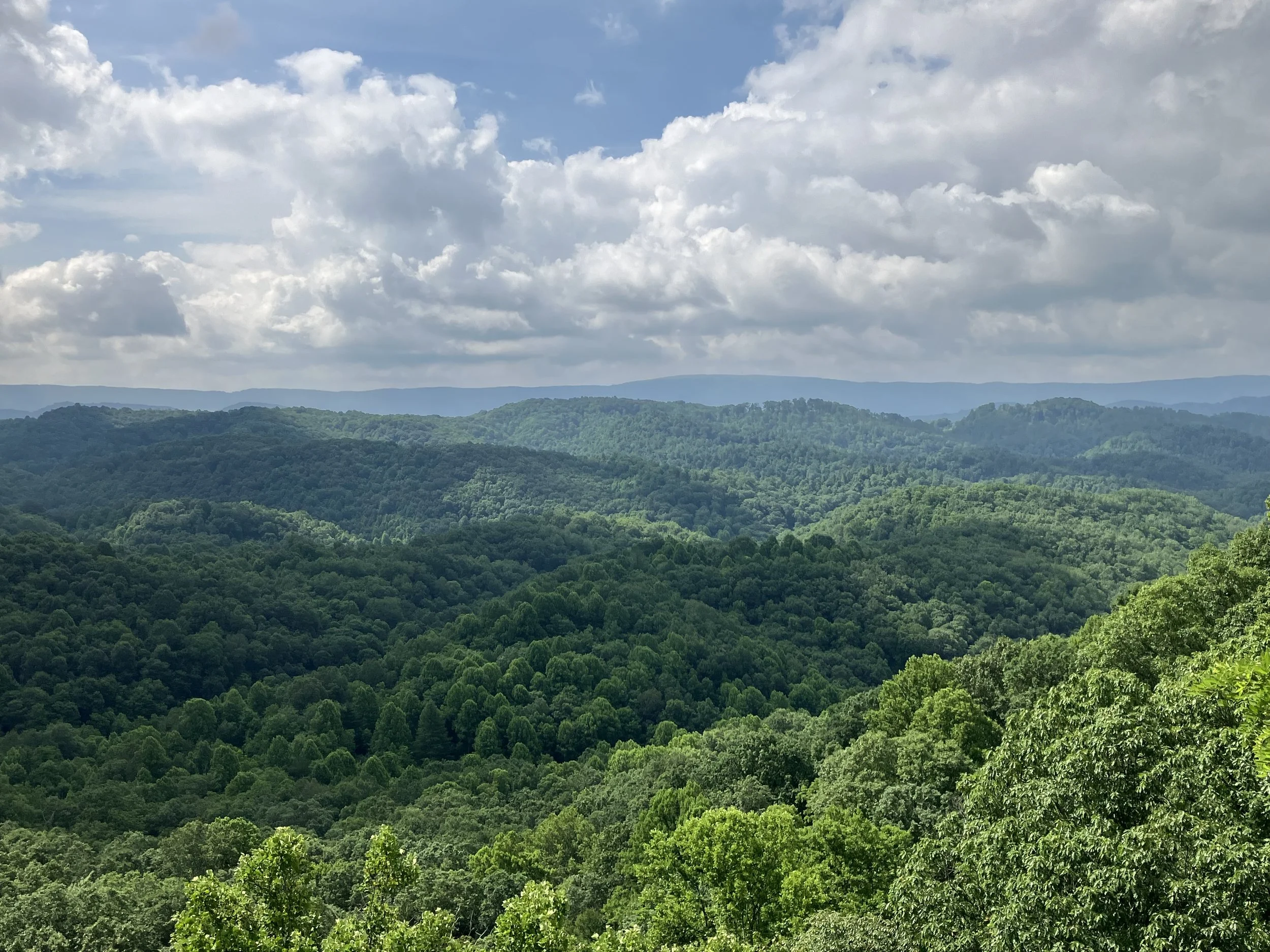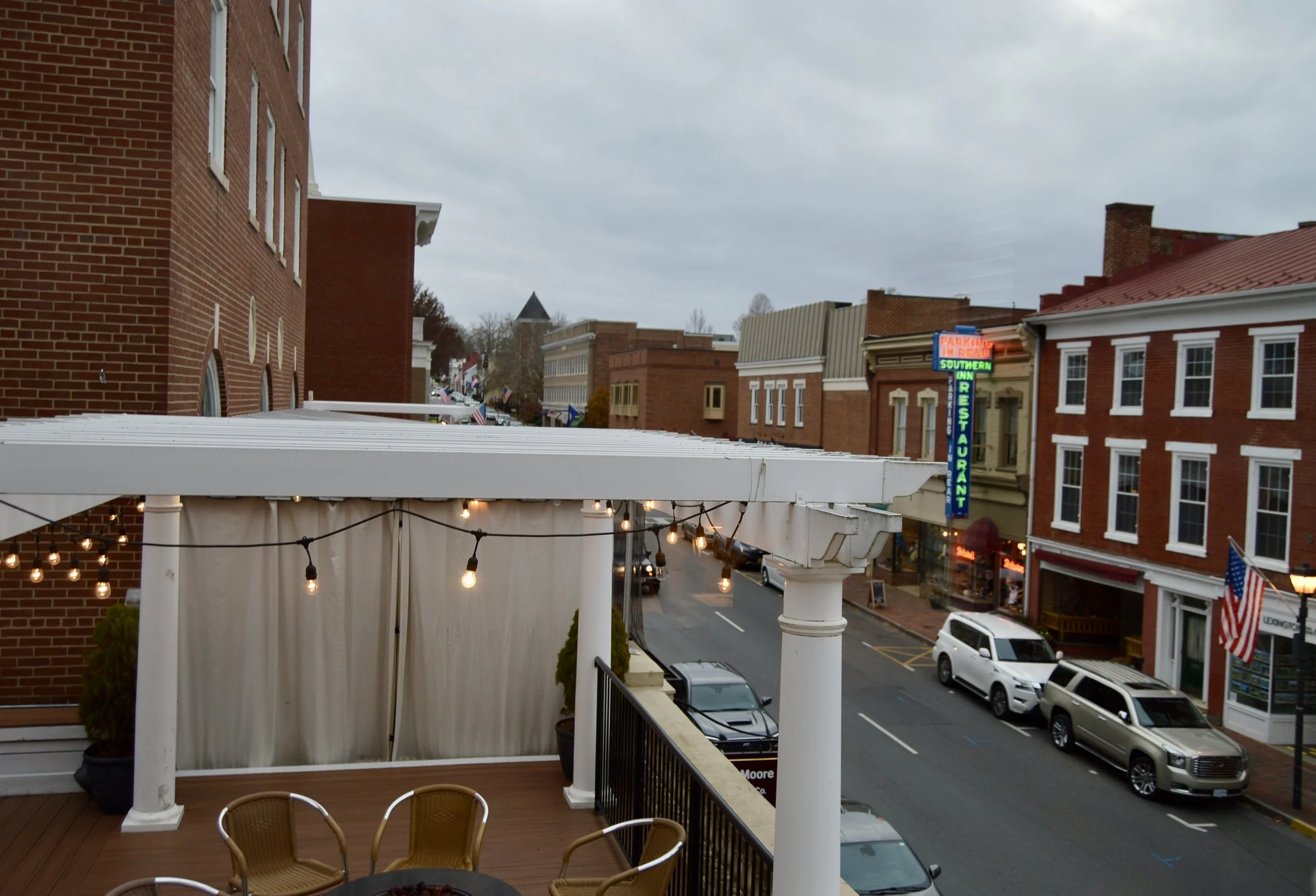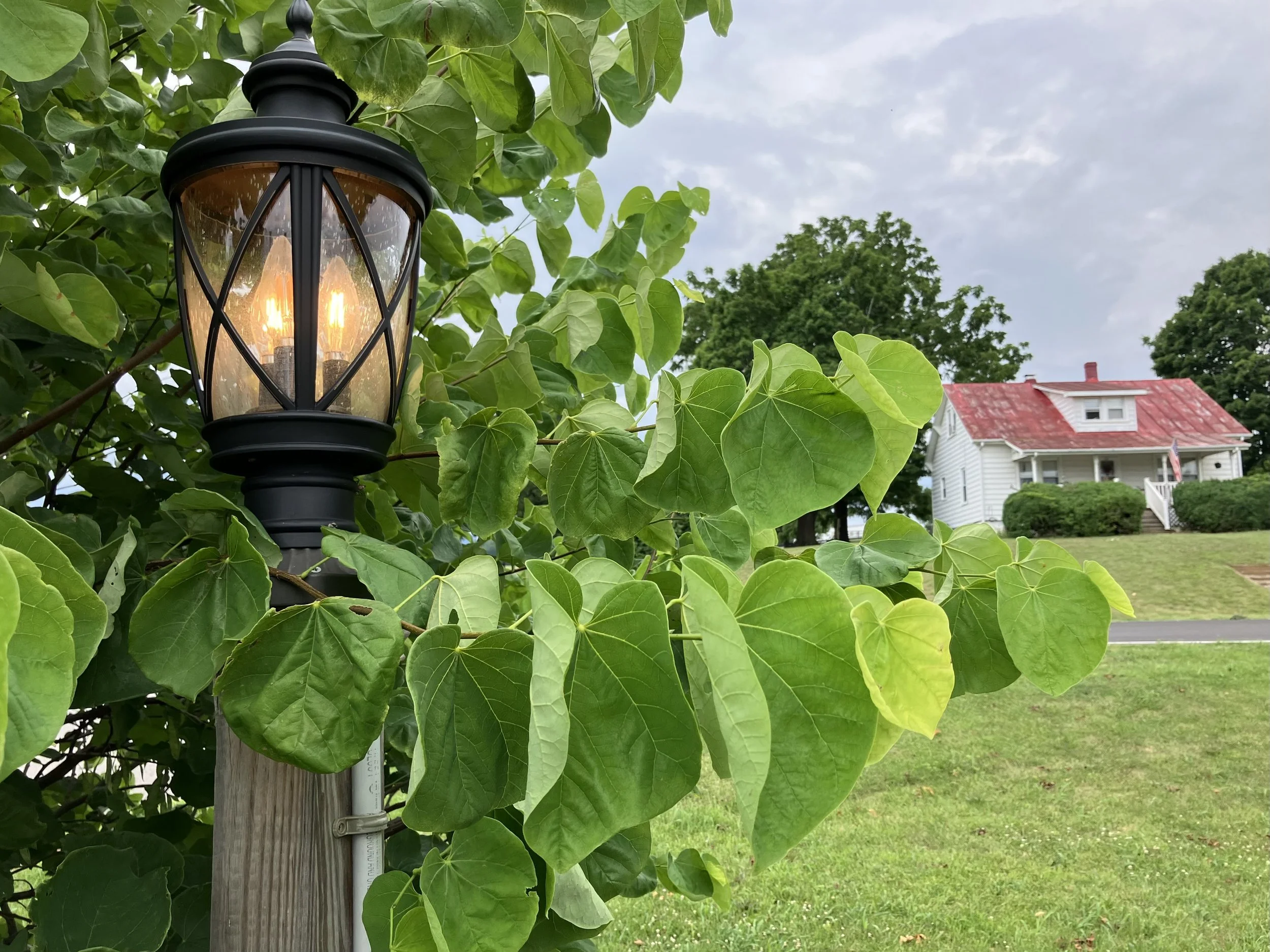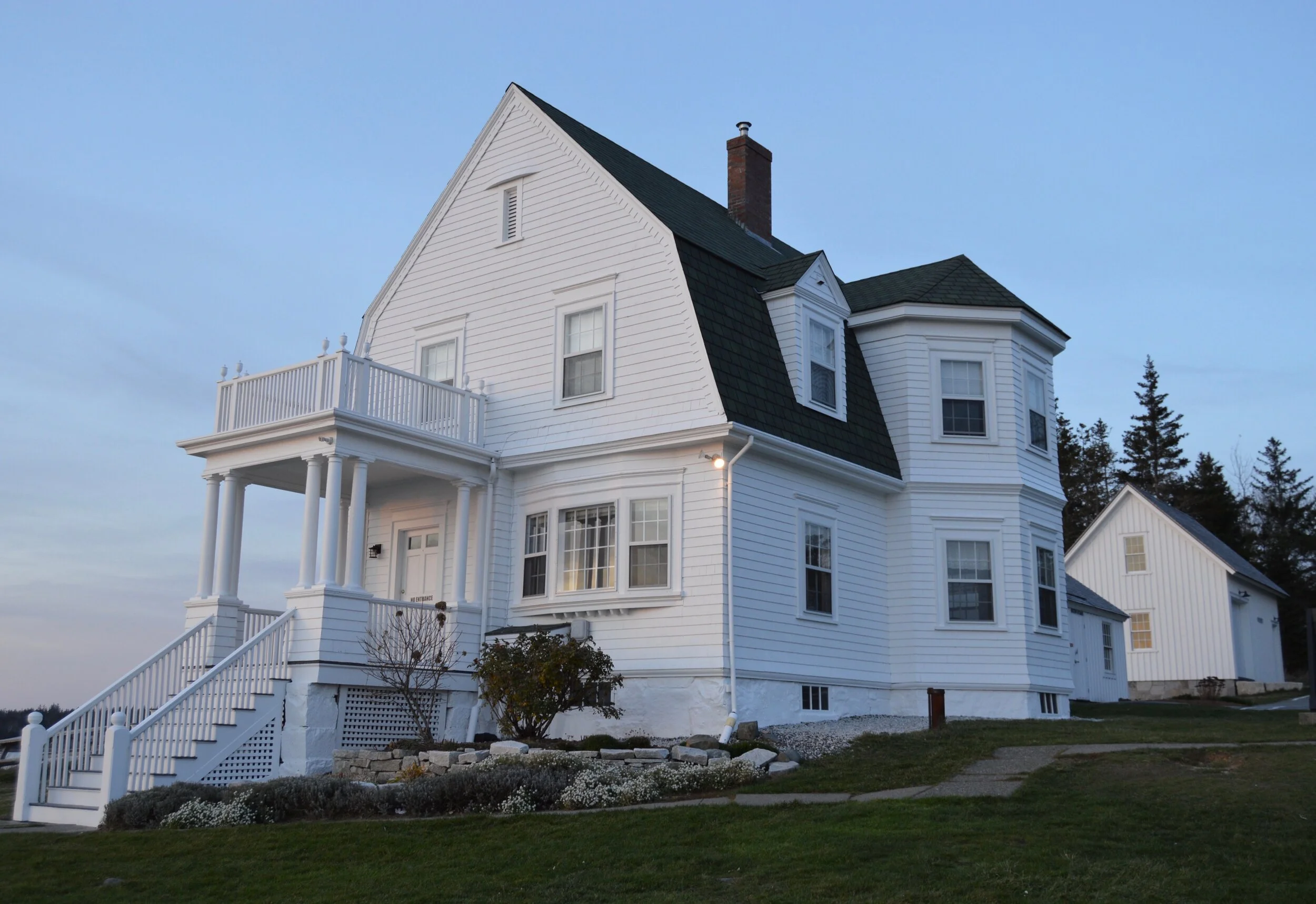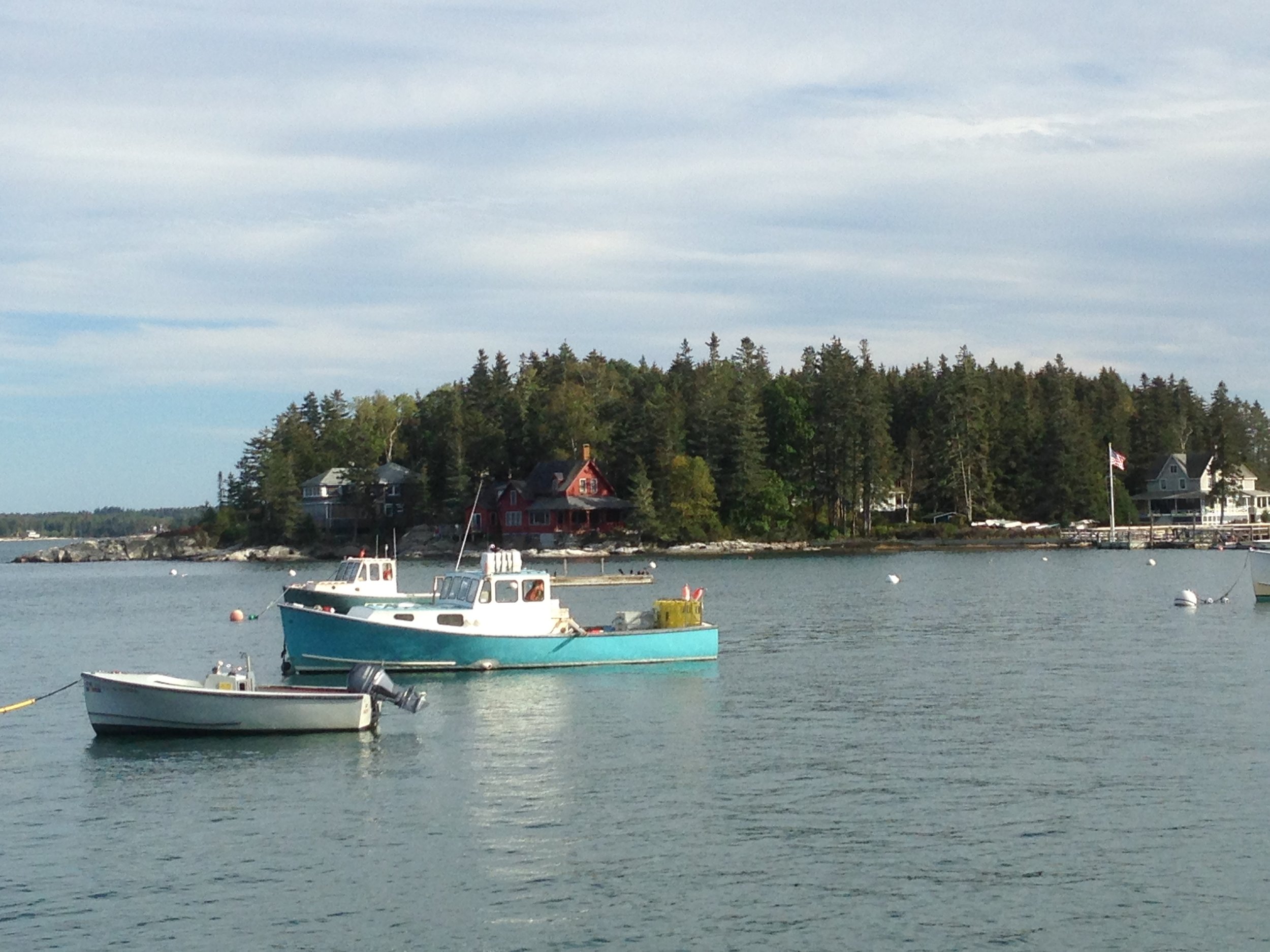I am swiftly approaching my all-time record for most books read in one year and as I perused the titles the other day I noticed a recurring theme: about one-third of the books I have read to date are about home, place, travel, or some other related topic, hence the title of today’s post. And it is not only this year’s theme but a continuing one ever since Linda and I sold our house to live and move more freely and lightly. It also represents at least one-tenth of my overall blog posts.
So, what to glean from all this? I think “pining for place” is more about seeking a sustainable sense of community than it is about the option of home ownership. Neither Linda or I regret selling our home nor do we ever intend to own another one. But if there is one attribute of our mobile lifestyle that has left us in limbo it is the lack of any one location feeling like a long-term place to call home rather than a pitstop on our journey.
Now that I have returned to the Shenandoah Valley of Virginia where I was born and raised this very well may be the end of the road for me, as Linda also appears agreeable. I very much enjoy sharing my beautiful home state with her and Lexington has exceeded our expectations thus far so we shall see what the future holds. One of the place-based books I’ve read recently captures the essence of what I am describing here.
As author Susan Wittig Albert writes in Together, Alone: A Memoir of Marriage and Place, “At first, I dismissed this as mere sentiment, a belated homesickness, a midlife nostalgia. But what is sentiment but an impulse of the heart…And what is homesickness but a desire to be at home, to be in place, to dwell in the here from whence we came?”
“The average American moves twelve times in his or her lifetime, and a house is more often considered an investment rather than a home place,” continues Albert. “And while real estate agents chant the mantra ‘location, location, location,’ what they’re extolling is the site’s relative proximity to some other, more desirable feature: shops, offices, recreation, university.”
I hadn’t thought homesickness was my malady but I think living here may be the remedy I didn’t know I needed. We are slightly above average with our thirteenth move thus far and all of the above features are walkable for us so that is a good sign. And wherever you are on your journey through life I hope you find your own place of peace.
